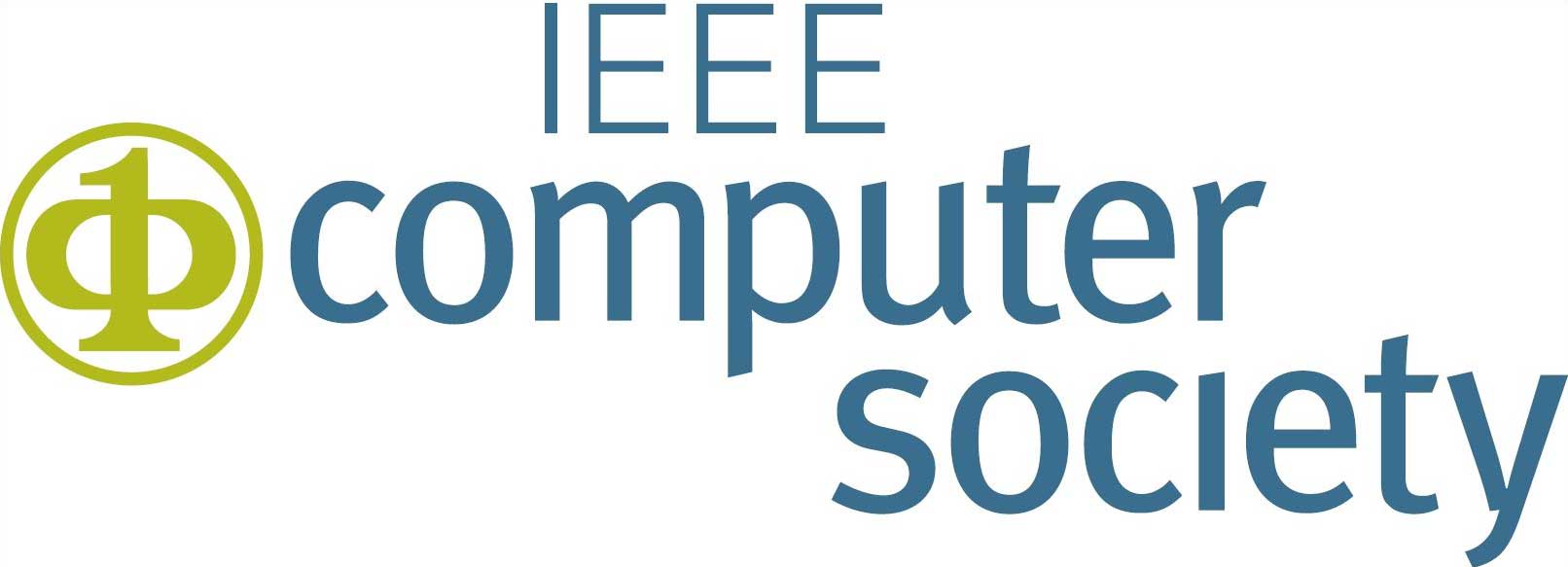
|

|
Supported by EC H2020 MSCA-ITN-NECS |

|


|

|
Supported by EC H2020 MSCA-ITN-NECS |

|
The schedule of tutorials is shown below.
| Tutorial 1 | ||||
| Title | ||||
| Speaker | ||||
| Duration | ||||
| Abstract | Popularly known for powering cryptocurrencies such as Bitcoin and Ethereum, blockchains is seen as a disruptive technology capable of impacting a wide variety of domains, ranging from finance to governance, by offering superior security, reliability, and transparency in a decentralized manner. In this tutorial presentation, we first study the original Bitcoin design, as well as Ethereum and Hyperledger from an academic perspective. We then take a comprehensive look at all aspects related to blockchains by deconstructing the system into 6 layers: Application, Modeling, Contract, System, Data, and Network. We will review potential applications which can benefit from blockchains, and describe the associated research challenges. Finally, we will conclude with a report on ongoing research, providing a decentralized messaging service using blockchains. | |||
| Tutorial 2 | ||||
| Title | ||||
| Speaker | Authors of the FECBench Framework: Shashank Shekhar, Yogesh Barve, Shweta Khare and Aniruddha Gokhale |
|||
| Duration | ||||
| Abstract | As fog and edge computing platforms continue to emerge to complement traditional cloud platforms, cloud providers must exploit these resources by dynamically migrating applications closer to the users in order to improve service performance. Herein, performance interference becomes a key determinant in the deployment and collocation of applications within the fog/edge resources because of the key role it plays in deciding the performance of the applications. Many benchmarking and application profiling frameworks exist to help in service deployment decisions, yet there remains a general lack of capabilities to accurately pinpoint the sources of performance interference while also supporting configurable and programmable micro-benchmarking framework capabilities that account for the increasing heterogeneity in resource types and advances in hardware. This tutorial will first describe the design of an open source, extensible, lightweight and scalable microbenchmarking framework called FECBench. It will then comprise hands-on activity involving the use of FECBench on some representative use cases that will highlight several of its features. | |||